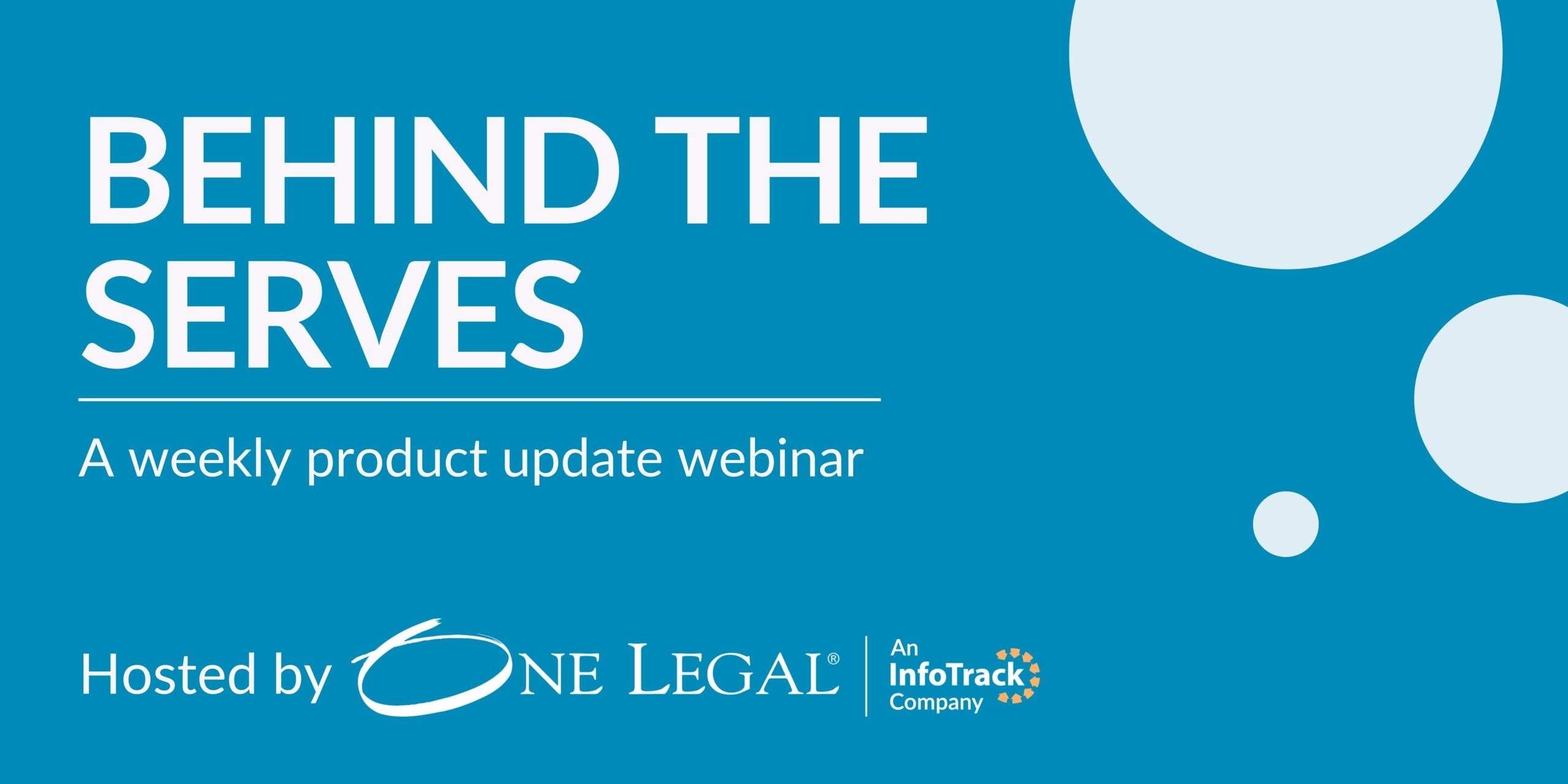How should you handle contact with the opposing party as an attorney or paralegal?
As you probably know, one of the fundamental ethical rules for lawyers is that they are not supposed to communicate with opposing parties who are represented by counsel. Model Rule 8.4 at least implicitly extends this prohibition to paralegals as it prohibits attorneys from directing others from doing something they are not allowed to do.
But what about talking to an opposing attorney? Can a paralegal do this, for example? If so, are there any restrictions on such communication?
Here are our top tips for navigating the rules governing these sorts of communications, as well as some of the “street rules” that you can use to guide your actions.
Remain mindful of Model Rule 8.4
The first part of ABA Model Rule 8.4 is rather simple: “It is professional misconduct for a lawyer to: (a) violate or attempt to violate the Rules of Professional Conduct, knowingly assist or induce another to do so, or do so through the acts of another.” (Subpart (a), emphasis added).
Importantly, the Model Rules do not prohibit a lawyer from talking to opposing counsel.
So, why even talk about Rule 8.4 here?
Well, unfortunately, there are lawyers out there who will seek to have a paralegal do their dirty work for them. For example, let’s say you’re a paralegal working for an attorney at a construction litigation firm. One day, that attorney asks you to call opposing counsel and act like you’re a civil engineer employed by the city to elicit information your boss couldn’t get from opposing counsel otherwise.
Rule 8.4(c) prohibits the lawyer from engaging “in conduct involving dishonesty, fraud, deceit or misrepresentation.” Do you see where I’m going with this? If your boss is prohibited from making that call to opposing counsel under false pretenses, they cannot work around the rule by asking you to do it. Just say no.
Dealing with the opposing counsel
When an attorney needs to have contact with the opposing party in a legal matter, it’s important to approach the situation with professionalism, adherence to ethical standards, and a clear understanding of legal obligations.
Let’s go over some key considerations from a lawyer’s perspective:
Ethical guidelines
Attorneys are bound by ethical rules that govern their professional conduct, like with Model Rule 8.4. It’s crucial to adhere to these rules when communicating with the opposing party.
Avoid making false statements or misrepresentations; honesty and integrity are paramount.
Communication channels
Communication is often conducted in writing to create a clear record of the conversation. Naturally, in almost all cases, emails and formal letters are common means of communication that you should be keeping a record of.
Verbal communication may also occur in certain situations, such as during depositions or settlement discussions.
Respectful and professional tone
Maintain a respectful and professional tone in all communications and avoid personal attacks or inflammatory language. Focus on the legal issues at hand and avoid unnecessary confrontation.
Settlement discussions
Attorneys may engage in settlement discussions with the opposing party to explore the possibility of resolving the matter outside of court, which will involve discussions, negotiations, and compromise.
Mediation and alternative dispute resolution (ADR)
Attorneys may participate in mediation or other forms of ADR to resolve disputes. In these settings, communication with the opposing party is often facilitated by a neutral third party.
Client communication
Attorneys should keep their clients informed about any communications with the opposing party. It’s important to discuss strategies and potential outcomes with the client before engaging in any significant communication.
Confidentiality
Be mindful of confidentiality rules. Disclosures made during negotiations or settlement discussions may have implications, and attorneys should be aware of what information can and cannot be disclosed.
Documentation
Keep thorough records of all communications with the opposing party. This can be crucial for reference, especially in the event of disputes or if the case goes to trial.
Effective communication with the opposing party is a delicate and strategic aspect of legal practice. Attorneys must balance assertiveness with professionalism while always adhering to ethical standards and legal obligations.
Attorney contact with the opposing party in California
Lawyers are generally aware of the “no contact rule,” which prohibits them from communicating with represented individuals about the subject of representation if the lawyer is also representing someone in the matter, unless the represented person’s lawyer consents.
This rule exists in every jurisdiction, with California’s Rule of Professional Conduct (CRPC) 4.2(a) being an example.
CRPC 4.2(a) prohibits lawyers from directly or indirectly communicating about the subject of representation with a person known to be represented by another lawyer, unless consent is obtained. The rule aims to protect the attorney-client relationship and prevent represented individuals from being taken advantage of.
Despite functional similarities between California’s rule and ABA Model Rule 4.2, a recent ABA ethics opinion (Formal Opinion 22-502) raises questions about the interpretation.
The ABA opinion addresses whether a lawyer representing themselves qualifies as a “party” able to communicate directly with the opposing party without the opposing party’s counsel’s consent.
While the Model Rule is silent on client-to-client communication, the ABA opinion concludes that such communication is impermissible when one of the parties is a pro se lawyer, citing a “substantial risk” of overreaching and disruption of the client-lawyer relationship.
However, there is dissent within the ABA Committee, with members arguing that the prohibition may mislead lawyers, as self-representing lawyers may not be considered to be “representing a client.”
California aligns with this dissent, as Comment 3 to CRPC 4.2 explicitly allows a lawyer who is a party to a legal matter to communicate on their own behalf with a represented person. Therefore, the ABA Opinion is not regarded as persuasive in California.
Opposing counsel is not your friend
Any litigator knows that some cases drag on for years. Over that length of time, opposing law firms can develop a sort of kinship with each other. In fact, some attorneys make a big production out of calling for “professional courtesy” between opposing firms. Watch out.
These are often the very same attorneys who seek to exploit that professionally courteous relationship. For example, they may frequently bypass the attorney on a particular matter, reaching out instead directly to a paralegal. Typically, they call with a very casual and congenial tone in their voice.
I don’t care how well you know the case, how much of a people-pleaser you are, or how much respect you have for opposing attorneys, do not send them anything without permission from your supervising attorney.
Know your limits
This tip is especially important when you’re in a new job. If you’ve worked for multiple attorneys in your career, you know that every single one has their own style and preferences.
This is true when it comes to communications with opposing counsel. Some may want you to handle the bulk of the phone calls with opposing counsel.
Others may prohibit you from having any direct contact. From the outset, communicate with each attorney about their expectations in this regard and then act accordingly.
Don’t engage in the unauthorized practice of law
By now, you know that Canon 3 of the NALA Code of Ethics prohibits paralegals from engaging in the unauthorized practice of law (various state and federal rules and regulations contain the same restriction for non-lawyers generally).
This rule is easy to understand in the abstract but becomes a little more complex when you apply it to situations like communications with opposing counsel.
For example, if an opposing attorney can’t reach your boss but calls and asks you for an extension of time to file a reply brief, can you grant that extension?
If the opposing attorney asks for your understanding of a case cited by your boss in a motion to compel, should you have that discussion?
If opposing counsel is in another state and calls you for your interpretation of a local law, should you give it to her? The answers to these questions are up for debate, but the dilemma is clear.
Sadly, many of the above tips involve deceitful behavior by attorneys seeking to exploit your non-attorney status for their own gain. Most would never do that, but those willing to cross that line will be tempted to cross it often.
Always have a good grasp of your firm’s expectations when it comes to communications with opposing counsel, and don’t ever be afraid to tell an opposing attorney, “I can’t talk about this until I speak with my supervising attorney.”
Conclusion
Ethical considerations in attorney contact with the opposing party involve navigating complex rules and potential pitfalls.
The foundational principle, prohibiting lawyers from directly engaging with represented individuals, is underscored by ABA Model Rule 8.4, emphasizing honesty and integrity, while California’s Rule of Professional Conduct 4.2 reveals jurisdiction-specific nuances, highlighting the need for accurate rule application.
I would caution against undue trust in seemingly amicable relationships with opposing counsel and be diligent in documenting communications. Knowing one’s limits and clearly communicating with supervising attorneys is crucial, recognizing variations in communication preferences.
The unauthorized practice of law serves as a critical reminder for paralegals facing ethical dilemmas when in some cases, they are asked to perform duties outside their legal obligations.
Ensure effective and ethical communication of rules, adherence to jurisdictional considerations, and be sure not to trip up on the rules of conduct when contacting opposing parties.







